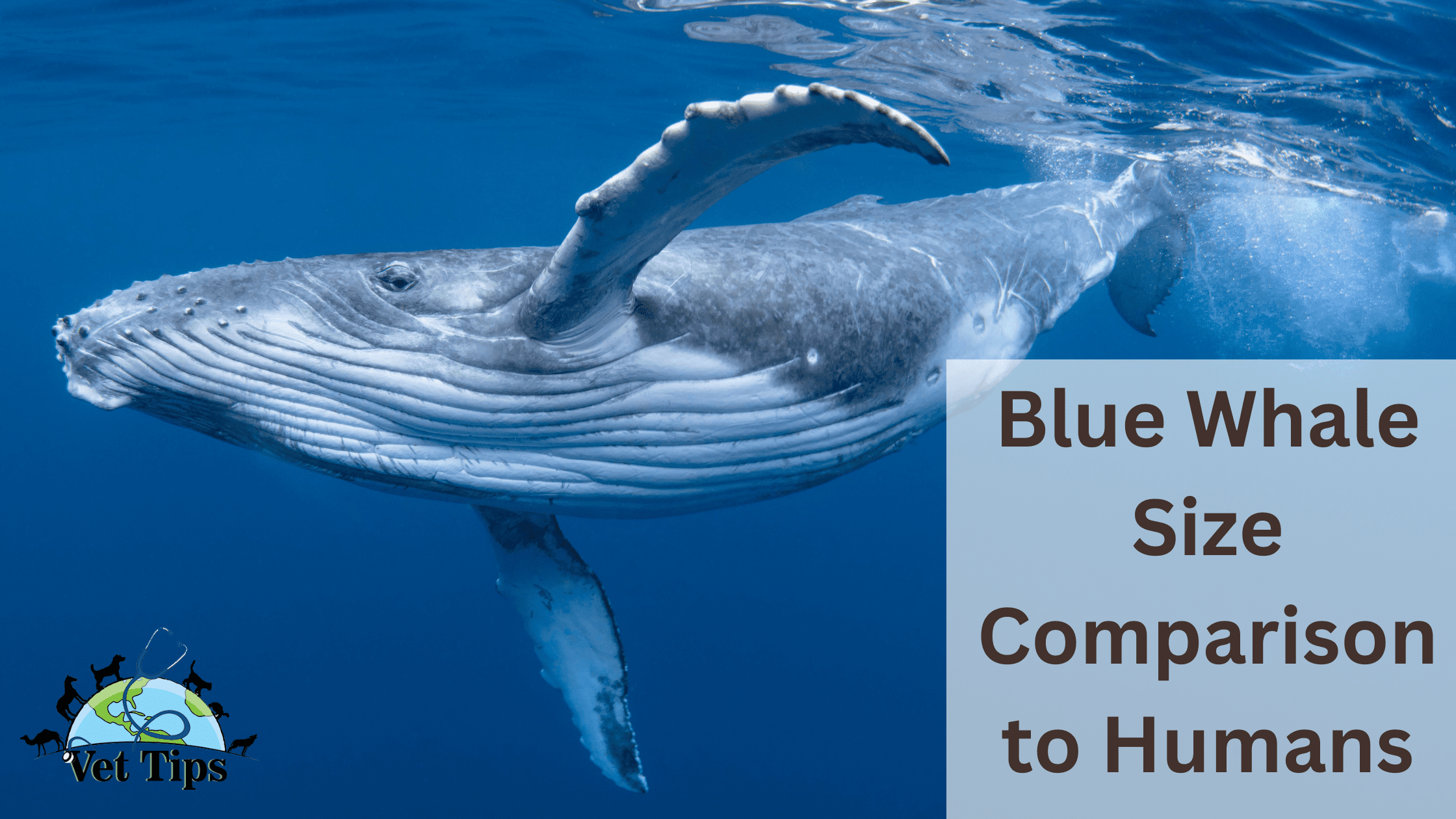Let’s discuss “Animal Ethics and Animal Welfare Laws” in detail.
To ensure that animals are treated humanely and are protected from harm, it is essential for our society to have animal ethics and legislation that safeguard animal welfare. These laws create standards and restrictions that encourage ethical stewardship and prevent cruelty toward animals. They also prohibit animal experimentation. In this essay, we will dig into the intriguing domain of animal ethics and animal welfare regulations, analyzing their relevance, evolution, and the influence that they have on the lives of both people and animals.
Understanding Animal Ethics
What are animal ethics?
The study of moral ideals and principles as they pertain to the treatment of animals is what is meant by the term “animal ethics.” It discusses issues such as whether or not animals have rights, how people ought to treat animals, and what our ethical responsibilities are with regard to animals. The study of animal ethics acknowledges that animals are sentient creatures who are capable of feeling joy, pain, and a variety of other emotions, and stresses the need of taking into account the interests and well-being of these animals.
The evolution of animal ethics
The way that humans view animals has changed significantly over the course of history. Animals were frequently considered resources in ancient times, and they were utilized for a variety of reasons, including as a source of food, work, and amusement. However, as our knowledge of animals’ capacity to feel pain and experience emotions expanded, so did our ethical considerations about how they should be treated.
During the 19th century, animal welfare evolved, promoting the idea of treating animals in a kind and compassionate manner. The 20th century saw the rise of animal rights organizations, which fueled the movement’s acceleration toward widespread acceptance. These days, the concept of animal ethics embraces a wide variety of philosophical, scientific, and legal viewpoints, all of which have an effect on how we think about and treat animals.
Animal Welfare Laws: Protecting the Voiceless
What are animal welfare laws?
Animal welfare laws are legal frameworks meant to preserve the well-being and rights of animals. These laws can also be referred to as animal protection laws. They want to put an end to inhumane treatment of animals, encourage the responsible ownership of animals, and control the usage of animals in a variety of businesses. These regulations define criteria for the care of animals, housing for animals, transportation of animals, and the prevention of needless suffering in animals.
The importance of animal welfare laws
Laws pertaining to animal welfare play an essential part in ensuring that animals are treated with respect and dignity at all times. They establish a legal framework that may hold people and organizations accountable for how they treat animals, both individually and collectively. These regulations, by establishing base requirements for the care of animals, assist prevent cruelty, neglect, and exploitation of animals.
In addition to this, rules pertaining to animal welfare also contribute to the general well-being of people. According to a number of studies, those who treat animals cruelly are more prone to display aggressive behavior towards other people. These regulations help promote a more compassionate society as a whole by encouraging empathetic behavior and compassion toward animals.
Examples of animal welfare laws
The rules that govern animal welfare might vary from country to country and even from jurisdiction to jurisdiction, but they often encompass a variety of topics. For instance, legislation may control the way animals are treated in agricultural settings, research settings, entertainment settings, and even in the ownership of pets. They may discuss topics such the conservation of endangered species, animal experimentation, factory farming techniques, the use of animals in circuses, and other entertainment venues, as well as the use of animals in scientific research.
Certain acts of cruelty toward animals are considered criminal crimes in certain countries and can result in sanctions such as monetary fines and perhaps jail time. Animal welfare rules may also demand licensing for some activities involving animals. This is done to ensure that people have the knowledge and resources necessary to provide appropriate care for the animals involved.
The Impact of Animal Ethics and Animal Welfare Laws
Benefits to animals
The lives of animals have been considerably enhanced as a result of advances in animal ethics and regulations governing animal care. These actions have resulted in the prohibition of cruel acts, the encouragement of humane treatment, and the formation of sanctuaries and organizations dedicated to animal rescue. Animals today enjoy a higher level of protection and have a better chance of leading happy, fulfilled lives free from needless suffering as a result of these advancements.
Benefits to humans
Animal ethics and regulations enacted to protect animal welfare have an effect that reaches beyond the scope of animals themselves. They encourage empathy, kindness, and respect toward all living beings, which is a contribution to the development of a society that is more moral and compassionate. Furthermore, these regulations assist protect the safety and quality of items obtained from animals, such as food and pharmaceuticals, by regulating sectors that use animals. Examples of such industries include research on animals and the entertainment industry.
Ongoing challenges and future considerations
In spite of the substantial advancements that have been achieved in the field of animal ethics and regulations pertaining to animal welfare, there are always ongoing difficulties that need to be addressed. One of the difficulties is going to be making sure that these rules are really enforced effectively. It is of the utmost importance to have appropriate monitoring, reporting procedures, and punishments in place in order to discourage and punish individuals who violate animal welfare standards.
Another obstacle is the requirement for international collaboration and the standardization of legislation regarding animal care. Because animals are frequently involved in trade and transit across international borders, it is necessary to establish uniform standards and rules that safeguard the animals’ wellbeing regardless of where in the world they are located.
The continuous development of science and technology has resulted in the emergence of brand new ethical problems and dilemmas. For instance, the development of biotechnology and genetic engineering has given rise to worries over the well-being of animals that have undergone genetic modification. The development of artificial intelligence and automation raises ethical concerns regarding the treatment of animals used in testing and research.
Acknowledgement of Animals
The acknowledgement of animals as sentient beings who possess their own inherent rights is one of the upcoming topics of discussion for animal ethics and regulations pertaining to animal care. Certain animals have previously been recognized as “legal persons” in some countries, which means that their inherent worth and rights have been acknowledged. The adoption of this perspective calls into question the prevalent notion that animals are merely property and prepares the way for more legal protection for animals as well as better consideration of their needs.
Education and raising knowledge among the general people are also very important factors in improving the wellbeing of animals. We can establish a culture that recognizes the worth of animals and respects their rights if we educate the general population about the importance of empathy and understanding. Awareness may be raised and responsible, compassionate conduct toward animals can be encouraged through the implementation of activities such as educational programs, public campaigns, and community engagement.
Final Words
The development of a just and caring society that places a high priority on the health and happiness of all living things requires the enactment of legislation and ethical standards pertaining to animals. These laws have developed throughout the course of time to reflect our developing awareness of the capabilities and requirements of animals. Not only do we improve the quality of life of animals when we ensure that they are treated humanely and are protected, but we also make a contribution to the general advancement of mankind. It is crucial that we prioritize the welfare of animals and work toward a future in which their rights are honored and protected as we continue to confront new difficulties and investigate ethical questions. This is especially important as we continue to face new challenges and explore ethical considerations.
Tell us in the comments, how you like our article, “Animal Ethics and Animal Welfare Laws”.
For a similar post click here.
For the source file click here.









One thought on “Animal Ethics and Animal Welfare Laws”